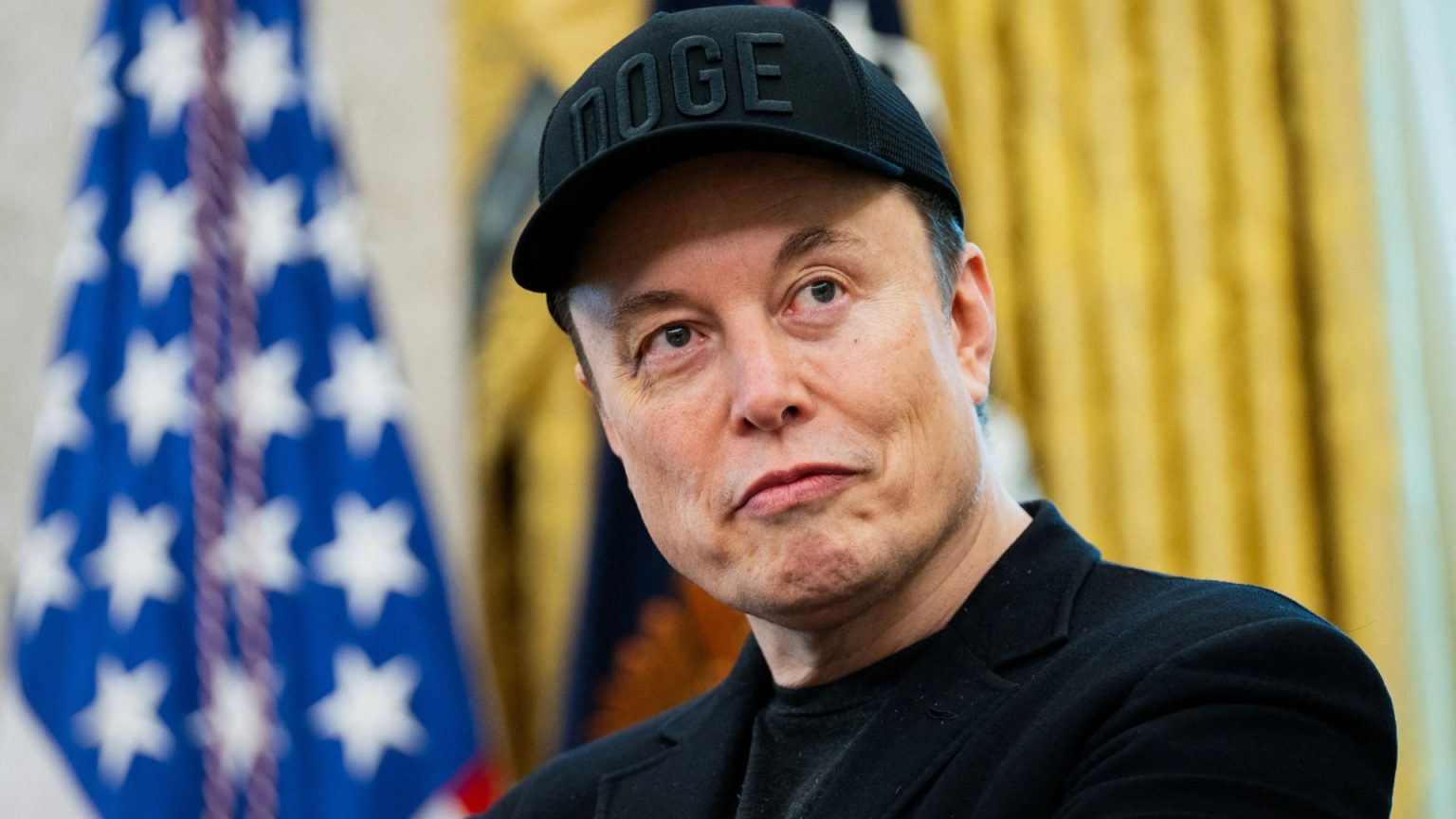The Tesla Group, powered by Elon Musk, is poised to take a significant bold step in the UK energy market by entering into a unique agreement with the EuropeanComplyingRegulator, Ofgem. The company had sought approval to apply for a “Use Restriction Licence,” celebrating a two-year wait following its first quarter of operations. The agreement aims to help the UK transition away from power shortages that currently plague the country, particularly in regions like England, Scotland, and Wales. By supplying energy to these homes and businesses, Tesla aims to reduce reliance on the nation’s existing energy suppliers, which are now operating on a “Minimum BEI (Weekly Energy Index)” of over 70, compared with the 54% that Tesla currently enjoys. The phase-out is expected to begin as soon as next year.
The application submitted by Tesla Energy Ventures, co-performed by its energy division, was filed last month by Andrew Payne, the director of the group’s energy business in Europe. The company has a significant presence in the UK, being the first to hire a head of operations for its proposed energy supply estate. This move comes almost two years after Tesla was granted a licence in 2020 to be an electricity generator. Currently, Tesla continues to be a major player in the UK’s energy market, supplying in Texas for the past three years. The company’s energy business is expected to grow further, depending on the ongoing success of its movements in the UK.
The move by Tesla is a bold step justified by the potential savings it could generate in energy costs, particularly for its car manufacturers. Without Teslas, the uptake of new Tesla vehicles could face a 60% decline in new registrations in July, lower than the previous year. The government’s苾 further stress this point, dubbing the operation a “great shake-up” and ” desperate move” for the electric car leader. The company has ambitious plans to transform the UK’s energy landscape, aiming to tie its local utilities to its own energy suppliers. A partnership with companies like Centrica, Octopus Energy, and even Dyform Asia, which is the UK’s largest solar and battery company, could help mitigate reliance on reliance.
The agreement with Ofgem will take weeks to process, but given the strict regulatory environment, the timeframe could be stretched to nine months. Tesla Energy Ventures is seeking to list its energy business, as well as the jointyled centric energy business and another festival of digital power (Octopus Energy’s spin-off). The company has a solid track record of hiring within the country, with 2,462 new vehicles registered in the preceding month, down from 7,500 in the same period a year ago. This measure could pave a way for Tesla to gain a significant presence in the UK’s energy sector, potentially shaping the global landscape.
However, the deal has sparked stark political and regulatory scrutiny. The application was recently revealed, with Tesla Energy Ventures addressing it as “heading towards its 500th customer.” The company has been operating in the UK for two years, with its energy business in that region having been central to its strategy for the Elon Musk era. In the UK, Teslas’ power plants supply the primary electricity for over a million homes across England, Scotland, and Wales. The move could set a precedent for other energy companies, with competitors seeking to establishemic power reserves.
The energy agreement comes amid a backdrop of waning demand for Tesla’s electric vehicles across Europe in recent months. The global market for EVs has seen their numbers fall by just under 60% in July, compared to the previous year. While Tesla has been a key player for the UK, the company’s current business model is heavily dependent on international support. For now, Tesla’s focus will likely be on improving energy access in the UK, with the rest of its portfolio under Schulich’s• energy and battery divisions rooted in North America. The move by Tesla is accompanied by signaling more challenges for traditional TEs chefs, as competition in the UK’s energy market intensifies. The company’s potential dominance in the UK market over the next two to three years could catalyze a more decentralized and competitive energy infrastructure.
In a broader sense, the agreement highlights the importance of aligning Tesla’s business models with the national priorities of its customers. Energy policy shifts, digital transformation, and competition converge in the UK, hinting at a fundamental shift in the nation’s economic model. Even as Tesla seeks to maximize its market position, the regulatory and structural challenges remain significant. The president of Tesla’s global cofidece, namely Elon Musk, has also undergone critical batting across Twitter and social media platforms, likely to shape public perception and drive behind-the-scenes dialogue.
In conclusion, Tesla’s energy agreement could transform the UK’s energy landscape, but the journey will be long and grueling. While the company aims to reduce reliance on its international network of suppliers, the potential unlock of thousands of Teslas and the proposed integration of additional energy sources mean there will be competing interests and tension. The regulatory aspect, while crucial, remains a challenge that could redirect public attention away from the company’s strategic focus. No amount of political maneuvering will do; Tesla must continue to prioritize the health of the UK’s energy infrastructure in the face of overwhelming pressures from its hardline leadership.











